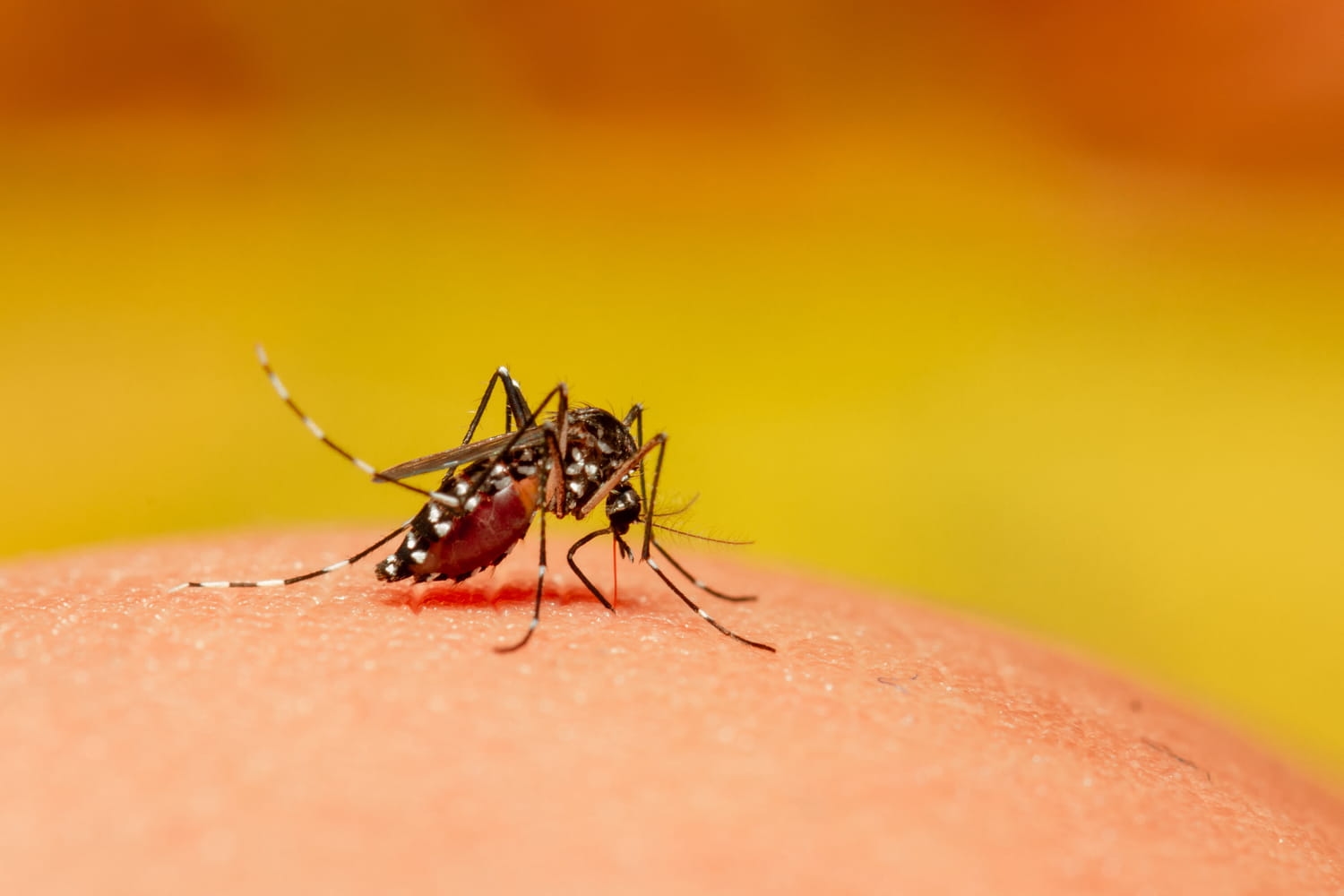Nutrition. Feeding babies: mistakes many parents make

Development, acquisition of good nutritional practices… Infant nutrition is a major public health issue. However, the latest Nutri-Bébé study, which analyzed the eating habits of over 1,000 children aged 15 days to 3 years in France, raises some concerns…
In terms of nutrition, the first years of life are crucial. Good eating habits are established from a very young age and tend to last.
Furthermore, nutritional deficiencies during this period can have repercussions on a child's growth, cognitive development, and future health. However, according to the latest Nutri-Bébé study, the French do not seem to fully grasp the extent of this.
Introducing solid foods is a key step in exposing babies to new tastes and textures. The recommended window for starting this process is between 4 and 6 months of age.
It is indeed essential for future food acceptance and even for reducing the risk of allergies. Yet, approximately 10% of children are still introduced to solid foods outside of this window.
The crucial issue of fatsOne of the most worrying results concerns fat intake: more than 66% of children aged 6 months to 3 years do not consume enough fat according to the recommendations of the European Food Safety Authority (EFSA).
Probably because, in the collective unconscious, these fats are necessarily the enemy. But contrary to popular belief, young children need more lipids than adults for their development, particularly brain development. Yet less than 5% of parents report adding fats to their child's food.
The French Infant Food Syndicate (SFAE), which commissioned this study, insists on the importance of systematically adding a drizzle of quality oil (rapeseed, walnut or specific baby oil) or occasionally a knob of pasteurized unsalted butter to all dishes.
Another cause for concern is fruit and vegetable consumption. This drops dramatically after the first birthday. More than one in five children do not eat fruit daily after the age of one, and the same is true for vegetables, whether fresh or cooked.
Is this a case of mimicry? This period often coincides with the time when children begin eating at the table with their parents and adopting family habits. Simply put, if adults don't consume enough fruits and vegetables, toddlers will naturally follow suit.
Salt: problematic additivesThe study also reveals that the addition of salt to children's diets increases with age: from 5% at the beginning of diversification, this practice concerns up to 70% of parents of 2-3 year old children, despite official recommendations that advocate limiting, or even avoiding, any addition.
Homemade food is on the rise, but adjustments are needed.The study does offer some good news, notably the rise in home-cooked meals. Dishes prepared at home increased by 7% compared to the previous edition of the study. However, this growth is sometimes accompanied by nutritional errors, such as an increase in homemade fries (+6%) and a decrease in cooked vegetables (-4%).
Golden rules for a balanced diet for children aged 0-3 yearsTo support parents in this process, the SFAE (French Society for Early Childhood Education) reiterates some essential principles for providing toddlers with food adapted to their specific needs:
- Adjust the portion sizes served and respect the child's appetite;
- Favor organic or sustainably farmed products, seasonal foods and short supply chains;
- Favor steam cooking, which preserves more vitamins;
- Avoid adding salt to the preparations;
- Limit fried foods and cooked fats;
- Always add raw vegetable oils before serving;
- Vary the foods and textures offered.
Le Progres








